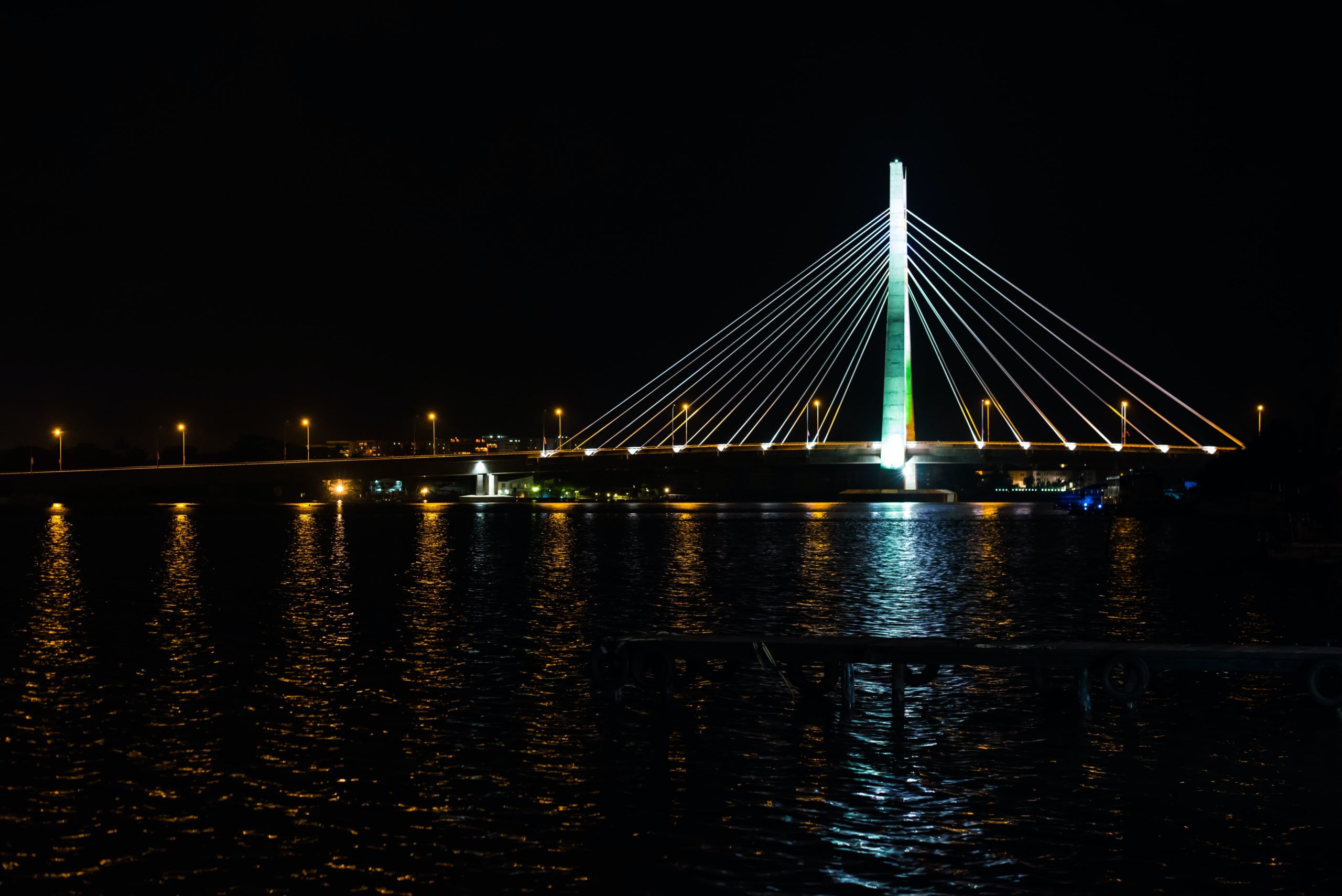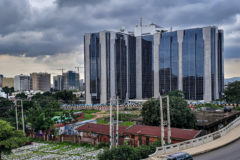Global giant, Amazon, has launched a new Amazon Web Services (AWS) Local Zones in Lagos, one of only 15 outside the United States. The new Local Zones is a type of infrastructure deployment that places AWS compute, storage, databases, and other services near large populations, industries, and information technology (IT) centres—Lagos is the most populated city in Africa and is West Africa’s economic powerhouse.
AWS customers can use the Local Zones to deploy applications that require low latency to end-users. Latency refers to the time it takes for data to travel from its source to its destination. The Local Zones will provide single-digit millisecond latency, which is required for live streaming, augmented and virtual reality, and online gaming to be optimal.
The proximity of AWS Local Zones to the Lagos metropolis will help improve the development and performance of applications that Lagosians and Nigerians—in the broader sense—use to access these services.
Beyond the aforementioned use cases, AWS Local Zones can also help customers operating in regulated sectors like healthcare and financial services. Companies within these sectors may have preferences or requirements to keep data within a geographic boundary.
According to Robin Njiru, AWS’s regional public sector lead for West, East, and Central Africa, the launch will help businesses deploy latency-sensitive workloads and meet local data residency requirements.
“We’ve designed Local Zones to support a broad range of use cases—from trading applications that need to respond quickly to market fluctuations to interactive live events and gaming experiences. Customers in a variety of industries can now deliver new innovative services and experiences to their end users, all with familiar AWS infrastructure, services, APIs, and tools”, he said in a statement.
Read also: Can Kenya’s new data centre spur Africa’s digital economy charge?
The Lagos State Government, Stanbic IBTC Holdings PLC, and The Terragon Group are among the customers that have already patronised the new Local Zones. Speaking on how the move will affect the local tech startup scene, Hakeem Popoola Fahm, the Commissioner of Science and Technology for Lagos, said, “The services available with AWS Local Zones will promote and accelerate the introduction of new digital solutions at our technology and engineering location in the heart of Lagos.”
Endorsing Fahm’s statement, Sochima Ezekwisili, a senior infrastructure engineer at Huawei, told TechCabal on a call that the new AWS Local Zones will help startups that host their applications on AWS create faster and cheaper solutions. “ If I want to host a streaming service on AWS for Nigerians from anywhere in the world, I have to use a content delivery network (CDN) to ensure that Nigerians have low latency and experience it as if it is hosted in Nigeria. With AWS Local Zones in Nigeria, I don’t have to worry about a CDN anymore because it is hosted in Nigeria and cheaper for me”, he said. International streaming companies like Netflix and Spotify use AWS to host their streaming services.
He also explained that because Amazon charges different fees for different regions, African startups that used AWS had to pay high fees to host their applications. “Previously, if a startup hosts its application on AWS, it was not hosted in Nigeria. But now, with AWS Local Zones in Nigeria, it may become cheaper for local startups to host their apps on AWS”, he said.
Ezekwisili also shared that Nigerians would also stand to benefit from the new AWS Local Zones as latency for applications hosted on AWS would significantly reduce and would “make the internet faster and easier to access”.
Could Africa’s digital infrastructure be on the rebound?
Last year, this publication called Africa “a digital market still waiting to happen”. The absence of necessary continent-wide digital infrastructure like data centres and fibre optic networks and a finely tuned plan to build it led to this statement.
Africa is home to only 86 colocation data centres in 15 countries, making it the continent with the lowest number of data centres per internet user in the world. The continent also has a higher percentage of its population—45%—further than 10 kilometres from fibre network infrastructure than any other continent. These figures have led to high latency issues and less than half of Sub-Saharan Africa—22%—being connected to the internet.
Investments and partnerships from both the public and private sectors will significantly change the leisurely pace Africa is taking to become a digital economy. This year, in response, Africa Data Centres has announced the launch of two new data centres in Kenya and South Africa. In Kenya, the new facility will be completed in mid-2024 and will increase the company’s IT load from 4.5 megawatts to 15 megawatts. The South Africa centre will increase the number of Africa Data Centres in South Africa to four and continue to establish South Africa as the leader of data centres on the continent.
The Africa data centre market size by investment was valued at $2 billion in 2020 and is expected to grow to $5 billion by 2026, growing at a cumulative annual growth rate of 15% during 2021–2026. To achieve this figure, infrastructural developments like AWS’s new Local Zones would help pave the way.
Read also: A data centre roadmap for Africa





















